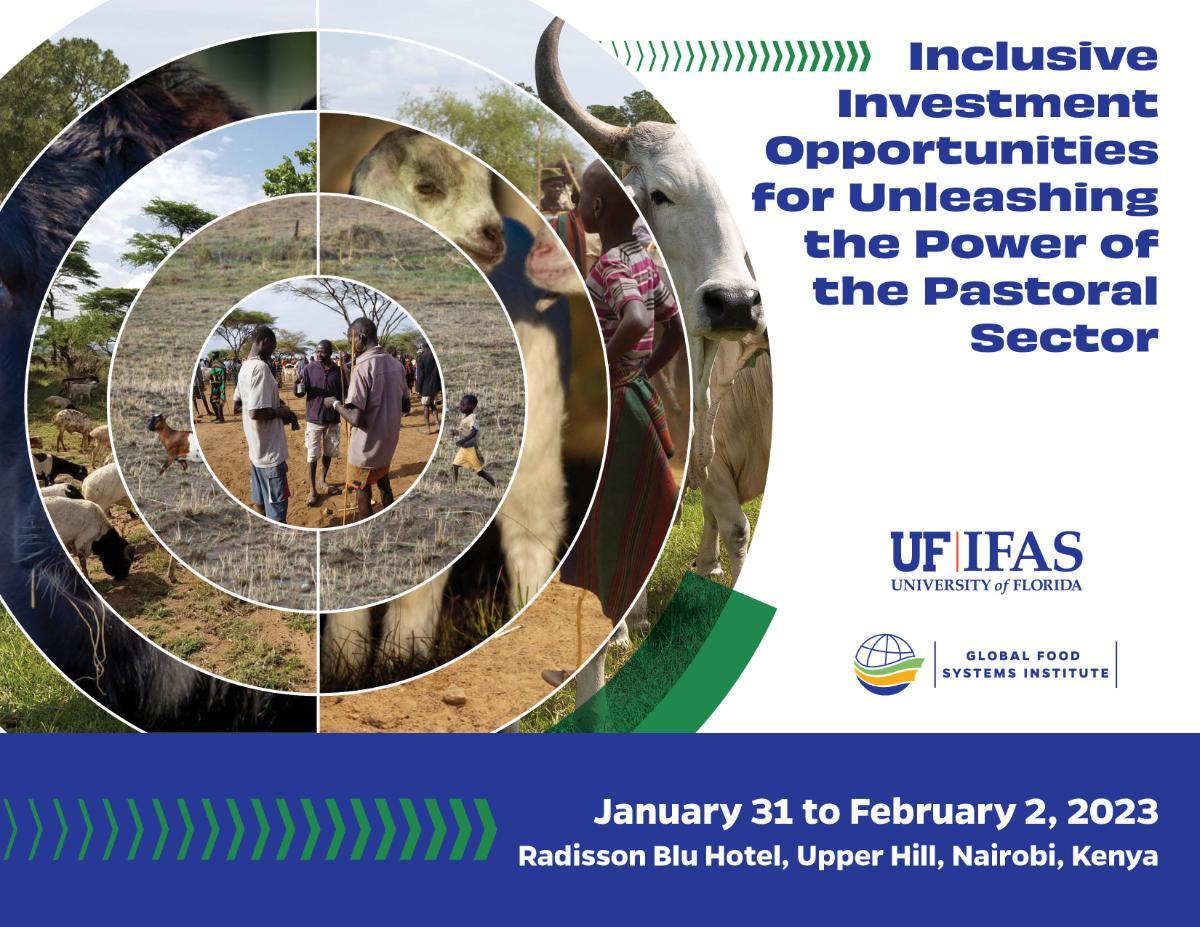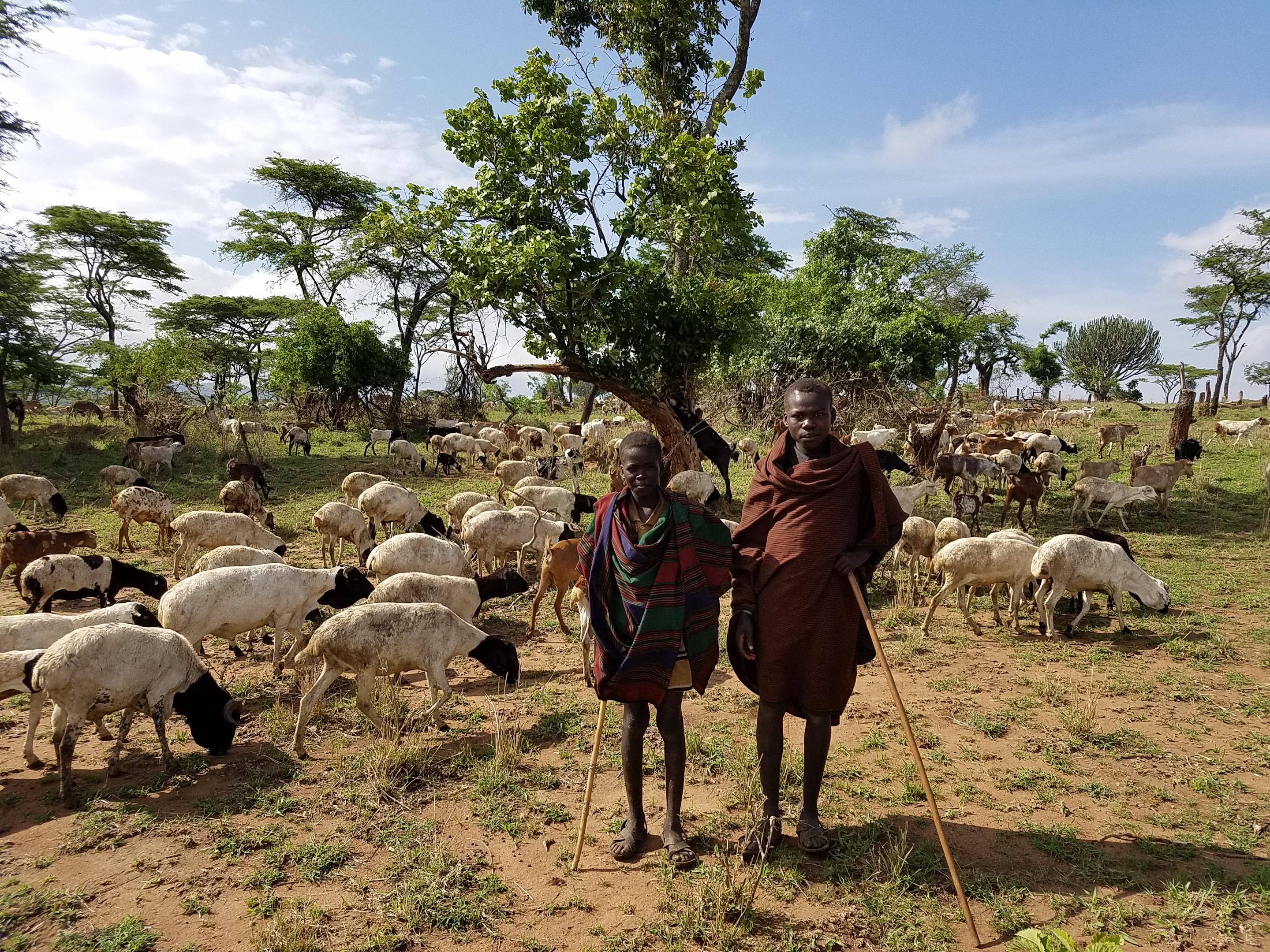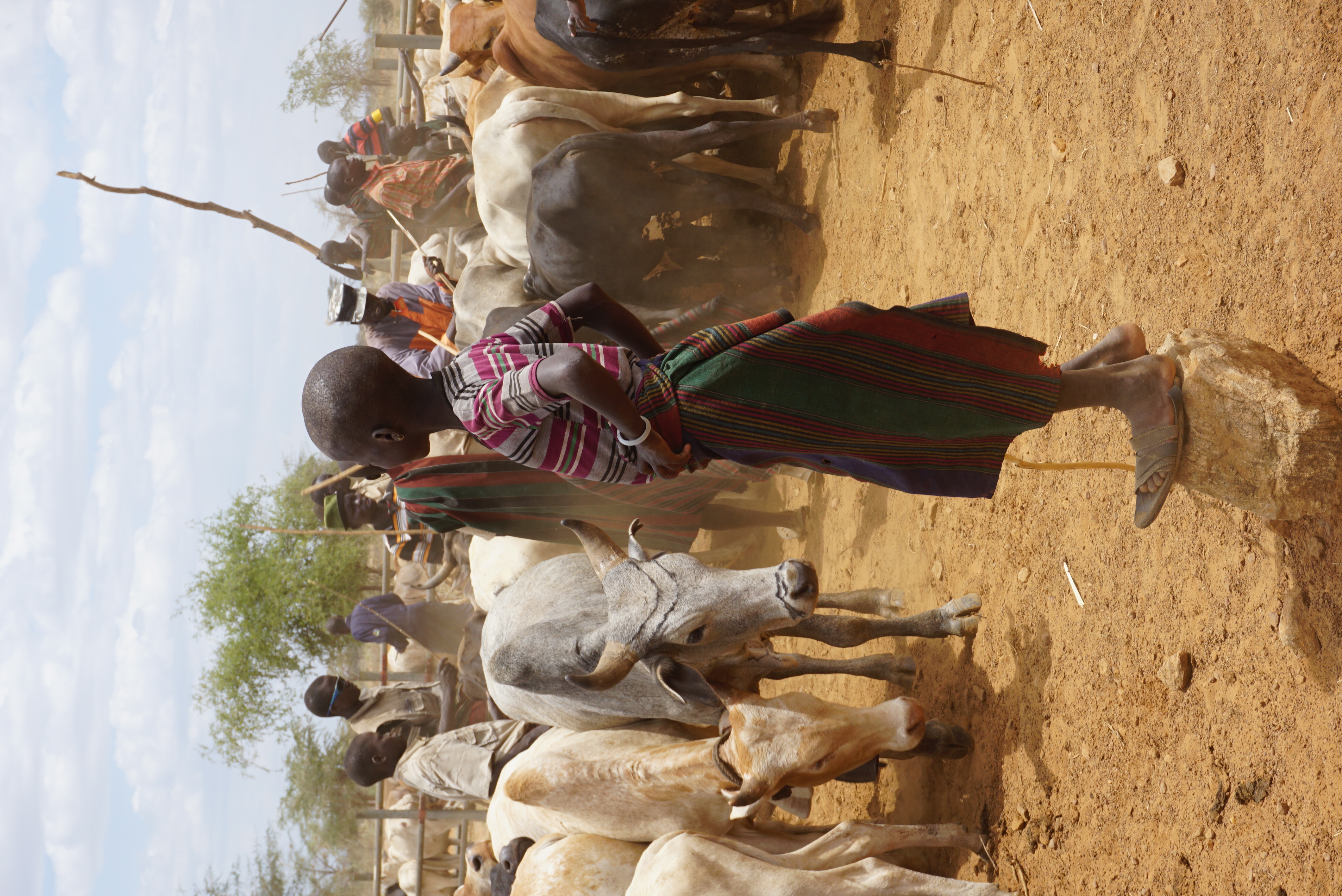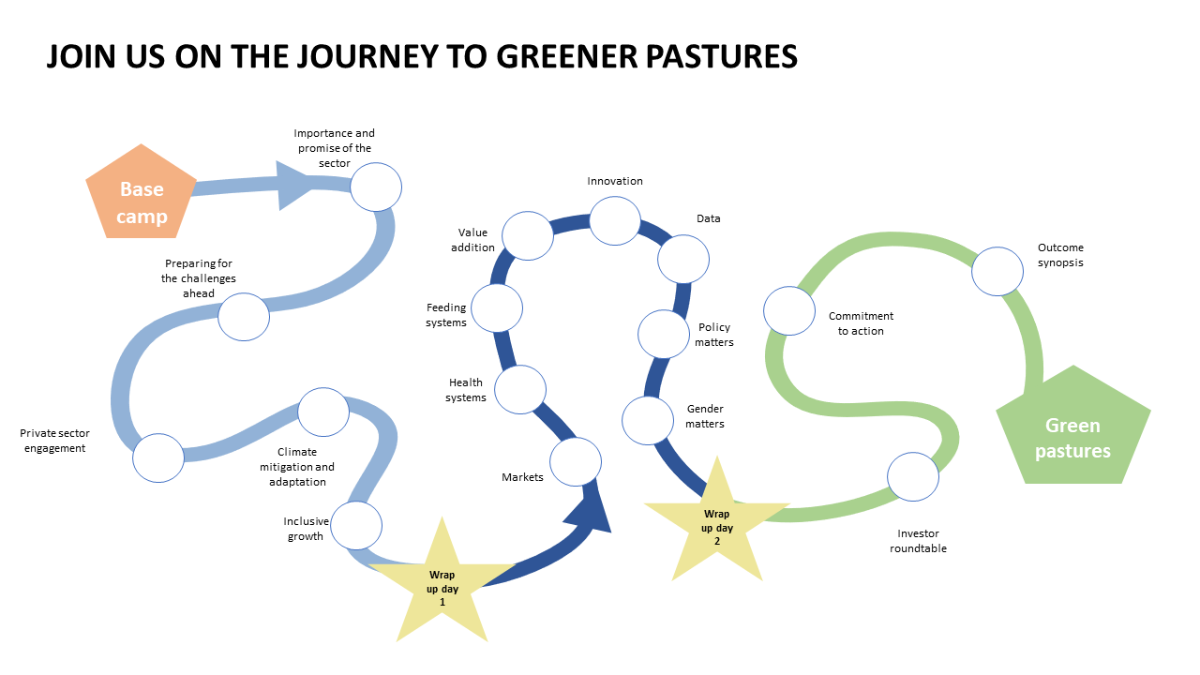
Convening for Inclusive Investment Opportunities
- Hosted by the Global Food Systems Institute at the University of Florida
- Sponsored by the Bill & Melinda Gates Foundation
Purpose
This Pan-African convening brings together representatives of pastoralist communities, private sector players (both in the livestock sector and beyond), prospective investors, social entrepreneurs, researchers, and policy makers to pave the way for increasing investments in the pastoral sector.
Findings from the Bill and Melinda Gates Foundation–funded Market Access for Pastoralists (MAP) project on best-bet investments to improve marketing of pastoralist livestock and products will be presented and feedback on their validity from participants will be solicited. Novel investment plans by the foundation will be announced.
Anticipated outcomes of the convening include the identification of opportunities to:
- Support pastoral producers in capturing more value from their livestock and improving their resilience in face on an increasing pressure from climate and conflict viewpoints.
- Inclusively grow the livestock sector (and thereby, the economies) by improving quality, quantity, and consistency of pastoral livestock products.
- Unblock key barriers in the enabling environment to allow for more investments by a range of actors, including the private sector.
- Explore the role of innovation (digital technology and business models) in transforming pastoralism.
- Align and coordinate development partners (multilateral and bilateral funders) and create momentum around a shared agenda for market-focused investments in the pastoral sector.
Background
Pastoralists contribute significantly to the economies of many African nations (e.g., 2-7% of national GDP, ~55% of livestock value across Africa) and their practices impact the environment in positive and negative ways. Despite their economic and social contributions, they are marginalized and are among those most impacted by climate change. Rising demand for meat and animal products can help drive productivity gains and grow pastoral livestock supply in a climate-friendly way, while improving pastoralist livelihoods. Yet, despite significant investments to support pastoralists, there has been limited meaningful progress and impact, particularly on a livestock sector-wide basis. The following are four key barriers that have limited the success of prior interventions for pastoralists:
- Limited truly participatory involvement of pastoralists in diagnosing root causes of their problems and devising solutions. Addressing this problem requires investing time to jointly delve into root causes and contributors to prevailing problems with pastoralists and jointly developing interventions that truly benefit them and their partners.
- Limited emphasis on market-focused interventions as previous intervention goals have often been humanitarian or to increase resilience. Addressing this challenge requires adoption of a demand-led approach, working closely with the private sector.
- Inadequate consideration and inclusion of pastoralists when addressing challenges faced by the livestock sector even though such problems are often exacerbated for pastoralists. Yet most large livestock value chain strengthening programs do not view pastoralists as core contributors to the sector. Addressing this requires targeted investments to unblock key challenges impacting pastoralists.
- Even when thoughtfully designed market interventions have been introduced, their success has been impeded by an unfavorable enabling environment. Addressing this challenge requires a systems lens, but such an approach often falls outside the scope of an individual project, program, or organization. Although pastoralists are transboundary, decisions are often made at a country level, whereas meaningful progress requires coordination within and across countries and sectors while shaping policies and budgets.







